Mizrahi Feminism in Israel
Mizrahi feminism goes beyond the typical western scope of feminism to include the history and issues that concern women in the Middle East in Israel and in Arab and Muslim countries. An intersectional feminism, it is particularly sensitive to issues of race, class division, immigration, and ethnic discrimination.

Ariane Mnouchkine
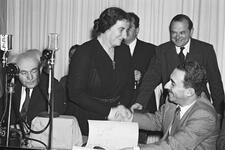
Mo'ezet Ha-Po'alot (Council of Women Workers)
The Mo’ezet Ha-Poalot was founded in 1921 as the women’s branch of the Histadrut, the General Federation of Workers in mandatory Palestine. In the name of women workers, the organization struggled for many years for equality in the eyes of the Histadrut, though it ultimately came to represent more broadly the interests of Jewish women in Palestine and Israel, including immigrants and housewives.
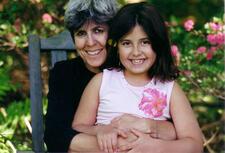
Cheryl Moch
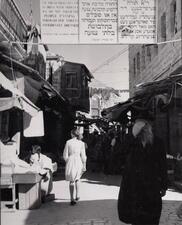
Modesty and Sexuality in Halakhic Literature
Though it is not mentioned in the Bible, modesty (zeni'ut) has become a significant part of modern halakhah, especially in the realm of sexuality. For women, sexual modesty means covering up their bodies. For both men and women, modesty also entails certain behavioral rules. These modesty rules ensure that sex happens in a way that is deemed proper, in the right time and place.
Ellen Moers
Ellen Moers’ Literary Women (1976), the third and last book of her career, is a benchmark of feminist criticism. While early critics attacked Literary Women for its exclusive focus on women writers, her analysis of Mary Shelley and other women writers reshaped our understanding of their work.
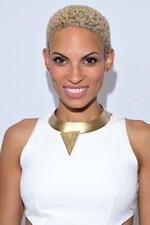
Goapele
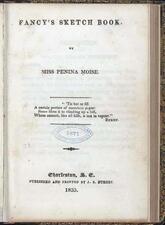
Penina Moïse
A Jewish-American poet, nurse, journalist, and educator, Penina Moïse was born in Charleston, South Carolina, in 1797. Penina Moïse, a staunch supporter of the Confederacy, shaped American-Jewish culture through her poetry as the first woman poet included in an American prayer book.
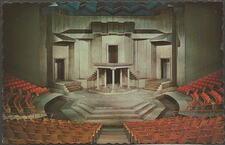
Tanya Moiseiwitsch
Regarded as one of the foremost designers in twentieth-century theater, Tanya Moiseiwitsch was an innovative designer of costumes, sets, and stages, responsible for over two hundred productions in England, Canada, and the United States. She made an impact in the male-dominated world of stage design.
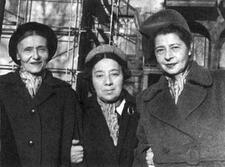
Kadya Molodowsky
Kadya Molodowsky was a major figure in the Yiddish literary scene in Warsaw (from the 1920s through 1935) and in New York (from 1935 until her death in 1975). She published extensively in many genres, including poetry, fiction, drama, and essays, and founded and edited two journals. Recurrent themes in her work include the lives of Jewish women and girls Jewish tradition in the face of modernity, Israel, and the Holocaust.
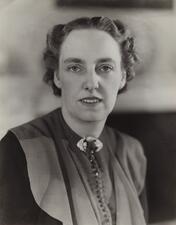
Eva Violet Mond Isaacs, Second Marchioness of Reading
Lady Eva Violet Mond Isaacs, Marchioness of Reading, was born into one remarkable family and married into another. She occupied a unique place in Anglo-Jewry; as Vice President of the World Jewish Congress and President of its British section she was an eloquent and vocal supporter of the Zionist cause and the young state of Israel.
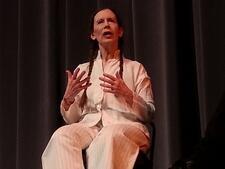
Meredith Monk
An innovator in mixed-media forms, Meredith Monk uses music, dance, drama, and film in her theater pieces. Acting as composer, choreographer, librettist, and performer, Monk creates diverse works that have been widely exhibited and have received many awards and honors.

Lily Montagu
Lilian Helen Montagu was a British social worker, a magistrate in the London juvenile courts, suffragist, writer, religious organizer, and spiritual leader who founded and long remained the driving force behind the Liberal Jewish movement in England.
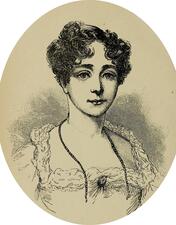
Judith Montefiore
Often referred to as the “First Lady of Anglo Jewry,” Judith Montefiore embodied all the Victorian virtues of high moral purpose, sense of duty, charity, and public-mindedness and was also a fierce loyalist to her faith and her people, devoted to Jewish causes and the welfare of Jews the world over.
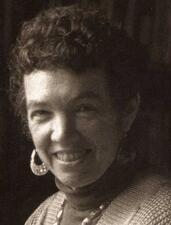
Deborah Dash Moore
Deborah Dash Moore is a leading scholar of American Jewish history. Her influential work has focused on both urban and visual Jewish history in locales from New York to Miami to Los Angeles. A prolific interpreter of Jewish and American culture, Moore has played a key role in making American Jewish history a recognized subfield in the academy.
Aurora Levins Morales
Aurora Levins Morales is an author, artist, activist, and historian whose work as been critical to third-wave feminism, Puerto Rican and Latinx feminism, disability justice, radical Judaism, climate change activism, and grassroots. organizing.
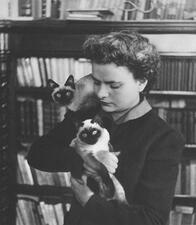
Elsa Morante
Elsa Morante (1912-1985) was an Italian author whose writing often addressed persecution and injustice. After fleeing Fascist authorities during World War II, Morante traveled extensively while continuing to write prolifically; she later won the Viareggio literary prize, Strega Prize, and Prix Medicis.
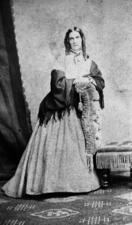
Emma Mordecai
Emma Mordecai (1812-1906) navigated direct challenges to her Jewish faith and to her southern ideals by remaining loyal to both. She responded to the Civil War, which stirred antisemitism in the South and especially threatened Richmonders, with renewed commitments to Judaism and to the racist ideals of the Confederacy.
Rosa Mordecai
Sara Ann Hays Mordecai
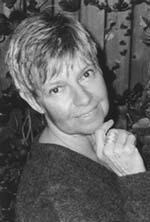
Robin Morgan
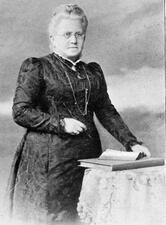
Lina Morgenstern
In the face of formidable anti-Semitic opposition, Lina Morgenstern was a highly successful feminist author, educator, and peace activist who was supported by many, including the Prussian Empress Augusta. In 1896 she organized the first International Congress of Women in Germany, which was attended by feminist leaders from all over the world.
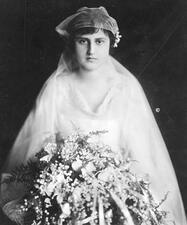
Elinor Morgenthau
Elinor Morgenthau’s accomplishments were largely invisible, as she helped her husband, Henry Morgenthau, Jr., rise to great heights in Franklin Delano Roosevelt’s administration. Because of her sharp political and social skills, she often filled in for her husband, and eventually she became Eleanor Roosevelt’s assistant in the Office of Civilian Defense.
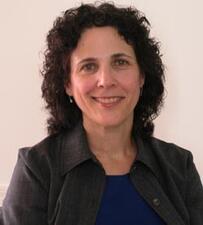
Shelley Morhaim
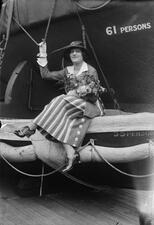
Erica Morini
Erica Morini made her violin debut at age five, playing for Emperor Franz Joseph’s birthday party. She debuted at Carnegie Hall in 1921 and spent the next several decades touring the world, often adding concerts to her overbooked schedule to accommodate her many fans. Morini retired in 1976, the same year the city of New York honored her with a lifetime achievement award.


